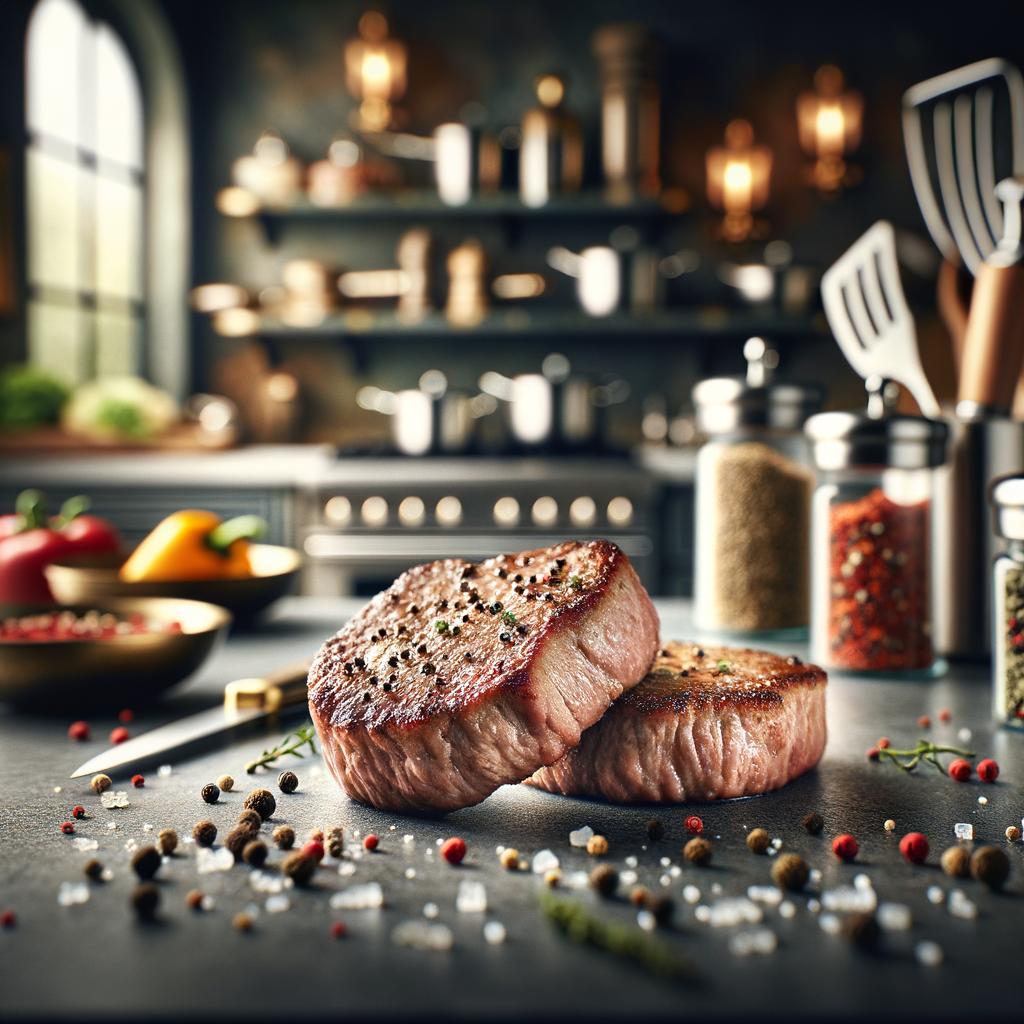Veal Cutlets

Description Veal cutlets, tender and succulent, are a culinary delight that has been savored by food enthusiasts for centuries. These thin slices of meat are derived from the muscle of young calves, typically milk-fed, which lends them a delicate, almost buttery texture and a flavor profile that is subtle yet distinct. The cutlets are pale pink, a testament to the tenderness of the meat, and when cooked, they transform into a beautiful, golden brown delicacy. What sets veal cutlets apart from other meats is their fine-grained texture and the almost sweet, mild flavor that is a canvas for a myriad of culinary creations.
Primary Uses Veal cutlets are a versatile ingredient, celebrated in various cuisines around the world. In Italian cooking, they are the star of the famous dish "Vitello Milanese," where they are breaded and fried to a crispy perfection. In French cuisine, they are often sautéed with a creamy sauce in the classic "Veau à la crème." Beyond the culinary world, veal has been used in traditional medicine to boost strength and vitality.
History The history of veal is steeped in the pastoral traditions of Europe. In the Middle Ages, veal was a luxury, enjoyed by the nobility and the affluent. The practice of raising calves for veal began in dairy-farming regions, where male calves were often surplus to requirements. The story of veal is a testament to the resourcefulness of our ancestors, transforming a byproduct of dairy farming into a culinary treasure. Over time, veal has become more accessible, yet it retains a touch of luxury and indulgence.
Nutritional Information Veal cutlets are not just a treat for the palate, but also a nutritious addition to the diet. They are a rich source of high-quality protein, essential for muscle growth and repair. Veal is also packed with vitamins, particularly Vitamin B12, which supports nerve function, and Vitamin D, which is crucial for bone health. It is also a good source of minerals like zinc and iron. Compared to beef, veal has less fat and fewer calories, making it a healthier choice for meat lovers. However, it's always important to consume veal as part of a balanced diet, as its cholesterol content can pose risks if consumed excessively.

